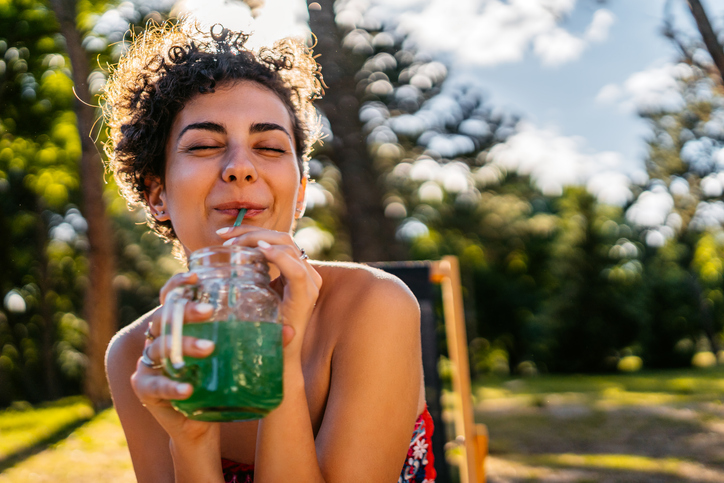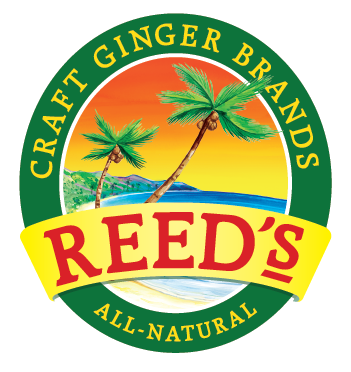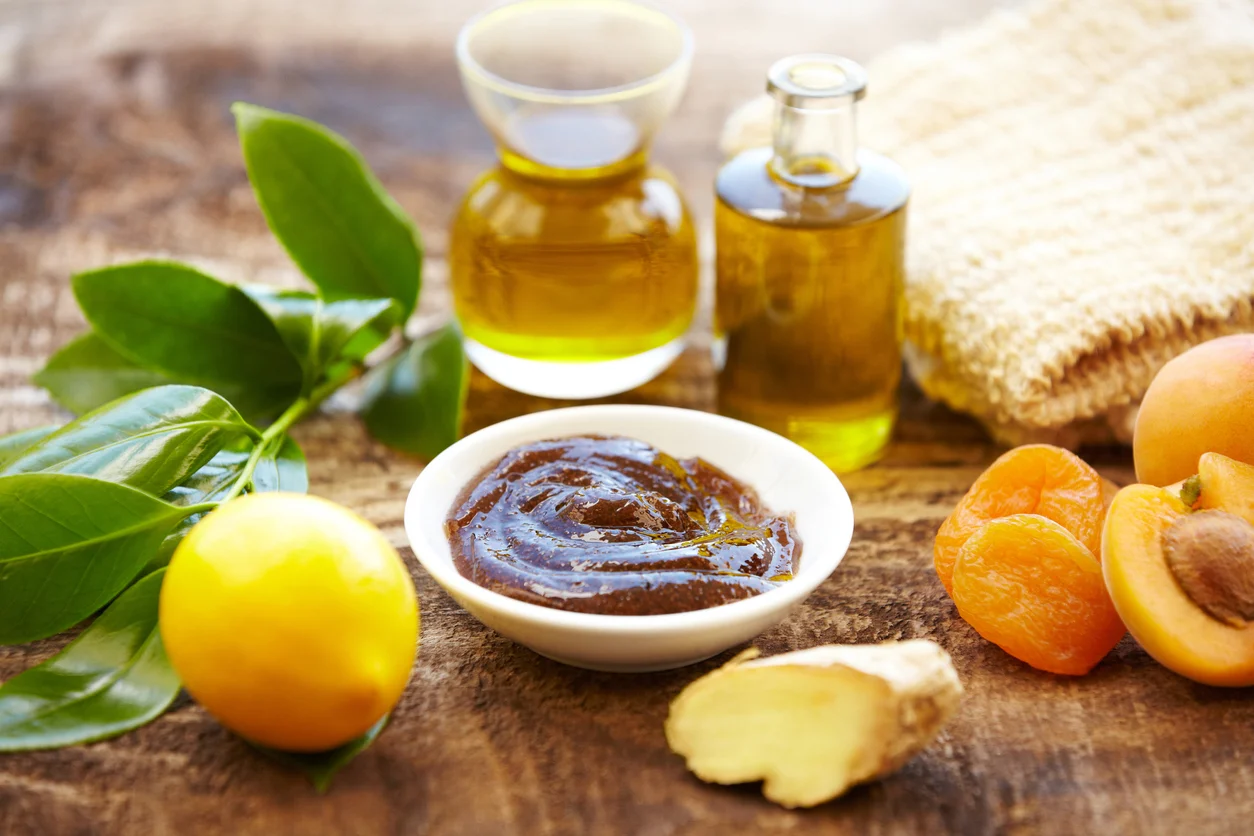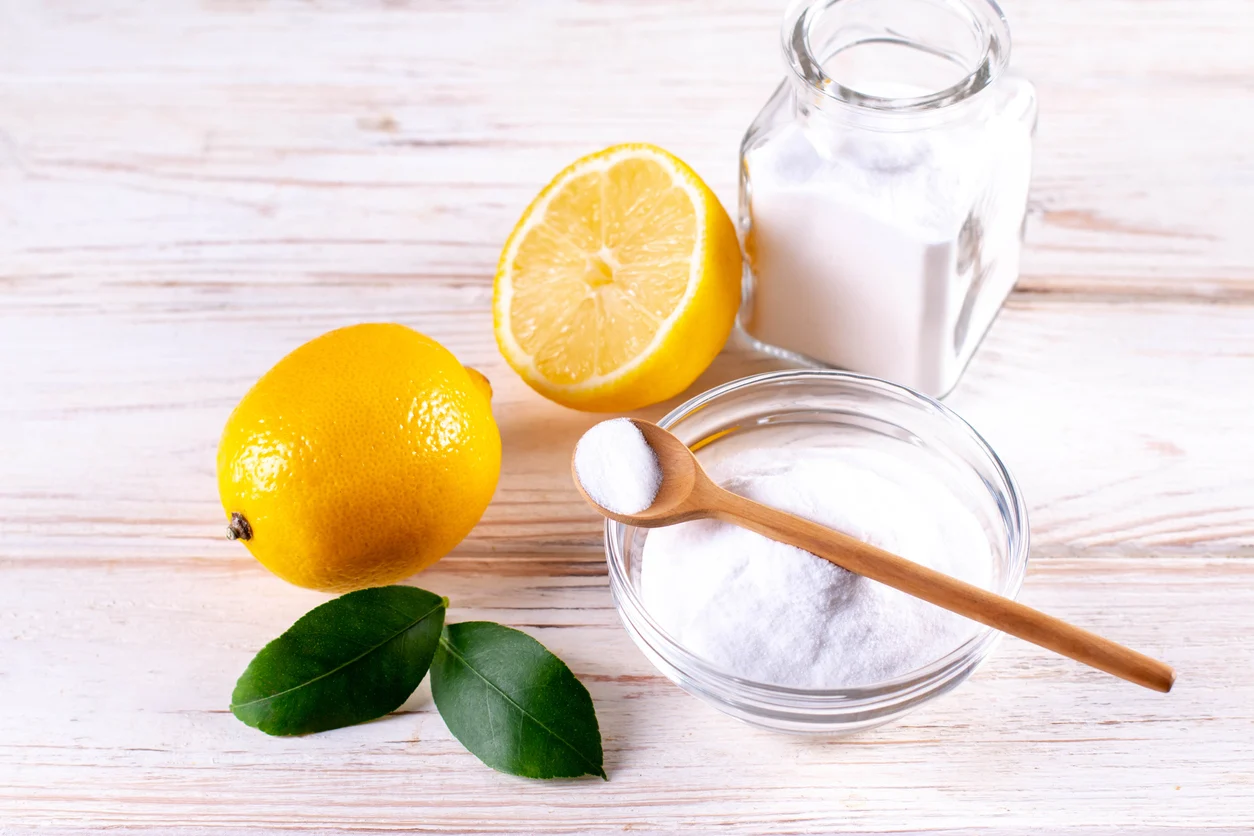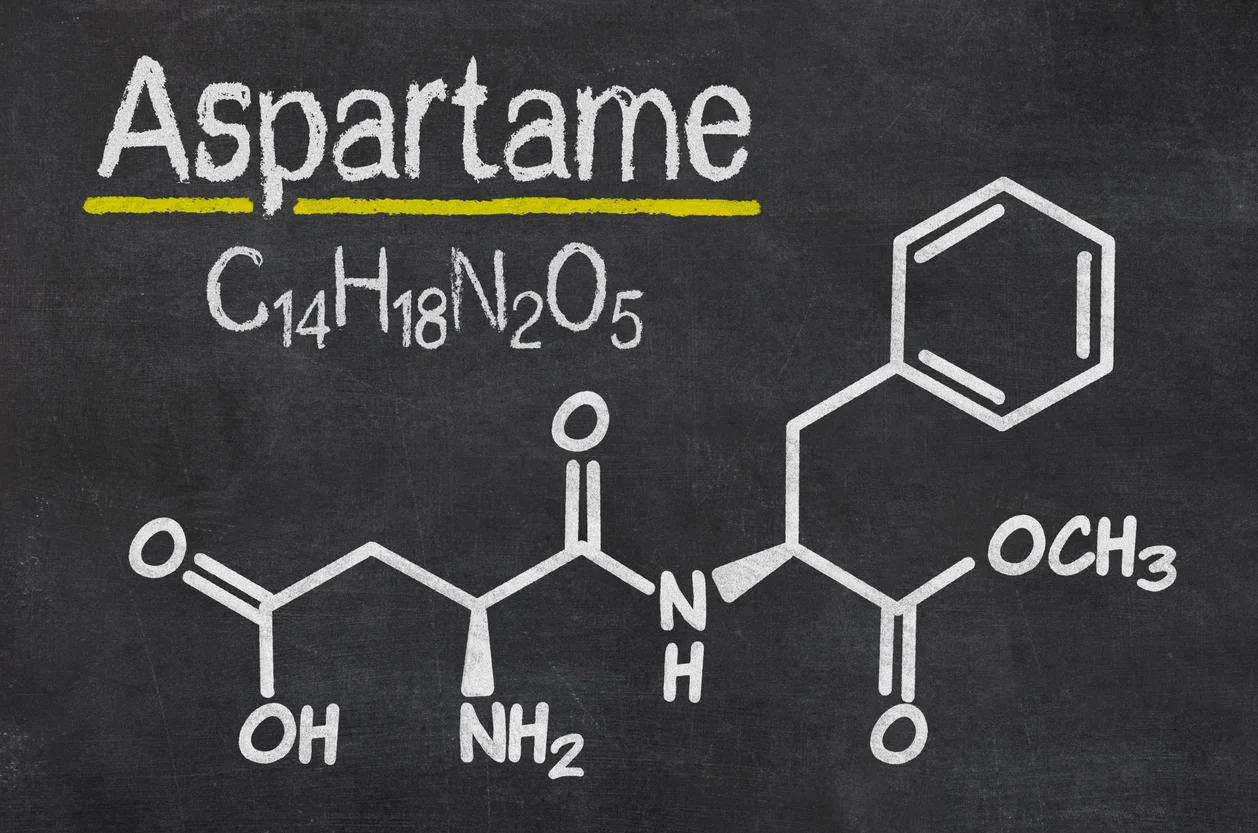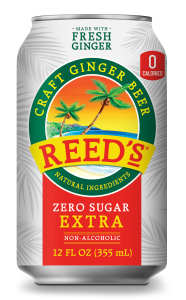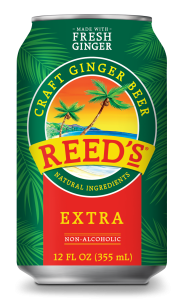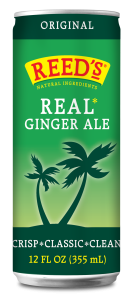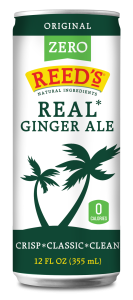The beverage industry is experiencing a revolution, driven by a growing consumer demand for health and wellness. As people become more conscious of what they consume, the focus has shifted from merely quenching thirst to nourishing the body and mind. In this blog, we’ll explore some of the most exciting health and wellness trends that are reshaping the beverage landscape.
1. Functional Beverages: Beyond Hydration
Gone are the days when beverages were just about taste and refreshment. Today, consumers are seeking drinks that offer functional benefits, such as boosting immunity, enhancing mental clarity, or supporting gut health. This trend has led to the rise of beverages infused with vitamins, minerals, probiotics, and adaptogens.
Probiotic Drinks: Beverages like kombucha, kefir, and probiotic-infused water are gaining popularity due to their gut health benefits. These drinks are rich in beneficial bacteria that help maintain a healthy digestive system, which in turn supports overall well-being.
Adaptogenic Beverages: Adaptogens, such as ashwagandha, maca, and ginseng, are herbs and mushrooms known for their stress-relieving properties. Drinks that incorporate these ingredients are marketed as natural remedies for reducing stress and enhancing mental focus.
2. Plant-Based and Dairy-Free Alternatives
As more consumers adopt plant-based diets, the demand for dairy-free and plant-based beverages has surged. Almond milk, oat milk, coconut water, and soy milk are just a few examples of the wide variety of options now available. These alternatives cater not only to vegans but also to individuals with lactose intolerance or those looking to reduce their environmental footprint.
Oat Milk’s Rise: Oat milk has emerged as a favorite due to its creamy texture and neutral taste, making it a versatile option for everything from coffee to smoothies. Additionally, its sustainability appeal—oats require less water to grow than almonds—has further propelled its popularity.
3. Low-Sugar and No-Sugar Beverages
With the increasing awareness of the negative health effects of excessive sugar consumption, there is a growing trend towards low-sugar and no-sugar beverages. Consumers are looking for drinks that provide the same satisfying taste without the high calorie and sugar content.
Natural Sweeteners: Beverage brands are turning to natural sweeteners like stevia, monk fruit, and erythritol as alternatives to traditional sugar. These sweeteners provide the desired sweetness without spiking blood sugar levels, making them ideal for health-conscious consumers.
Flavored Water: Flavored water, infused with natural fruit extracts, herbs, or a splash of juice, offers a refreshing and flavorful alternative to sugary sodas. These beverages are often low in calories and free from artificial additives, appealing to those looking to stay hydrated without added sugar.
4. Enhanced Hydration and Electrolyte Drinks
Hydration has always been a key focus in the beverage industry, but today’s consumers are looking for more than just plain water. Enhanced hydration drinks, fortified with electrolytes and essential minerals, are becoming increasingly popular, especially among athletes and fitness enthusiasts.
Electrolyte-Infused Waters: These waters are designed to replenish the body’s lost minerals during exercise or in hot weather. They often contain a mix of sodium, potassium, and magnesium, which help maintain the body’s fluid balance and support muscle function.
Coconut Water: Often dubbed “nature’s sports drink,” coconut water is naturally rich in electrolytes like potassium. It’s a popular choice for those looking for a natural, low-calorie option to stay hydrated.
5. Mindful Drinking and Alcohol Alternatives
The sober-curious movement has given rise to a new category of beverages that offer the social experience of drinking without the alcohol. These alcohol alternatives cater to consumers who want to enjoy the ritual of a drink without the potential downsides of alcohol consumption.
Non-Alcoholic Spirits: Brands are innovating with non-alcoholic spirits that mimic the complexity and flavors of traditional alcoholic drinks. These beverages allow consumers to enjoy cocktails without the alcohol, offering a sophisticated alternative for those seeking moderation.
Mocktails: Creative and flavorful mocktails are becoming a staple on beverage menus. These alcohol-free cocktails are made with a variety of fresh ingredients, such as fruits, herbs, and spices, providing a complex and satisfying drink experience.
6. Immune-Boosting Beverages
In the wake of the global pandemic, there has been a heightened interest in immune health. Beverage brands are responding by creating drinks that are specifically formulated to support the immune system. These beverages often include ingredients like vitamin C, zinc, and elderberry, known for their immune-boosting properties.
Superfood Smoothies: Smoothies made with superfoods like acai, spirulina, and turmeric are packed with antioxidants, vitamins, and minerals that help strengthen the immune system. These drinks are not only nutritious but also delicious, making them a popular choice for health-conscious consumers.
Herbal Teas: Herbal teas, such as ginger, turmeric, and echinacea, are being marketed for their ability to boost immunity and support overall health. These teas offer a comforting and natural way to enhance the body’s defenses.
Conclusion
The beverage industry is in the midst of a health and wellness transformation, with consumers demanding more from their drinks than ever before. Whether it’s functional benefits, plant-based alternatives, or mindful drinking options, today’s beverages are designed to nourish the body and mind. As these trends continue to evolve, they will undoubtedly shape the future of the beverage industry, offering new opportunities for brands to innovate and connect with health-conscious consumers.
By staying ahead of these trends, beverage brands can not only meet the changing needs of their customers but also lead the way in promoting a healthier, more mindful approach to what we drink.
